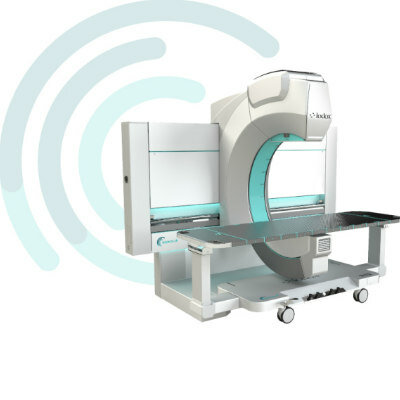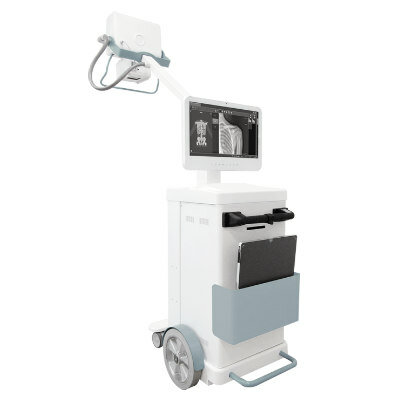Fast fMRI Strategy Could Help Plan Surgery for Brain Tumors and Epilepsy
By MedImaging International staff writers
Posted on 23 Apr 2013
A new functional magnetic resonance imaging (fMRI) protocol may provide neurosurgeons with a noninvasive tool to help in mapping critical areas of the brain before surgery, according to new research.Posted on 23 Apr 2013
The study’s findings were published in the April 2013 issue of the journal Neurosurgery, the official journal of the Congress of Neurological Surgeons. Evaluating brain fMRI responses to a “single, short auditory language task” can effectively localize key language areas of the brain in healthy people as well as in patients requiring brain surgery for epilepsy or tumors, according to the new research by Melanie Genetti, PhD, and colleagues from Geneva University Hospitals (Switzerland).
The researchers designed and assessed a fast and simple fMRI task for use in functional brain mapping. Functional MRI can reveal brain activity in response to stimuli (in contrast to conventional brain MRI, which shows anatomy only). Before neurosurgery for severe epilepsy or brain tumors, functional brain mapping provides fundamental data on the location of critical brain areas controlling speech and other functions.
The standard approach to brain mapping is direct electrocortical stimulation (ECS), i.e., recording brain activity from electrodes placed on the brain surface. However, this requires several hours of testing and may not be applicable in all patients. Previous studies have compared fMRI techniques with ECS, but mainly for determining the side of language function (lateralization) rather than the precise location (localization).
The new fMRI task was developed and evaluated in 28 healthy study participants and in 35 patients undergoing surgery for brain tumors or epilepsy. The test used a brief (eight minutes) auditory language stimulus in which the patients heard a series of sense and nonsense sentences.
Functional MRI scans were captured to localize the brain areas triggered by the language task-activated areas would “light up,” indicating increased oxygenation. A subgroup of patients also underwent ECS, the findings of which were compared to fMRI scans. Based on responses to the language stimulus, fMRI demonstrated activation of the anterior and posterior language areas of the brain in about 90% of study participants--neurosurgery patients as well as healthy volunteers. Functional MRI activation was weaker and the language centers more spread-out in the patient group. These differences may have reflected brain adaptations to slow-growing tumors or long-established epilepsy.
Five of the epilepsy patients also underwent ECS using brain electrodes, the results of which correlated well with the fMRI findings. Two patients had short-term difficulties with language function after surgery. The problems, in both instances, were tied to surgery or complications (bleeding) in the language region detected by fMRI.
Functional brain mapping is critical for planning for complex neurosurgery procedures. The tool provides a guide for the neurosurgeon to navigate safely to the tumor or other diseased area, while avoiding injury to vital areas of the brain. An effective, noninvasive approach to brain mapping would provide a beneficial alternative to the time-consuming ECS procedure.
“The proposed fast fMRI language protocol reliably localized the most relevant language areas in individual subjects,” Dr. Genetti and colleagues concluded. In its current state, the new test probably is not suitable as the only approach to planning surgery—too many areas light up with fMRI, which may limit the surgeon’s ability to perform more extensive surgery with necessary confidence. The researchers added, “Rather than a substitute, our current fMRI protocol can be considered as a valuable complementary tool that can reliably guide ECS in the surgical planning of epileptogenic foci and of brain tumors.”
Related Links:
Geneva University Hospitals














